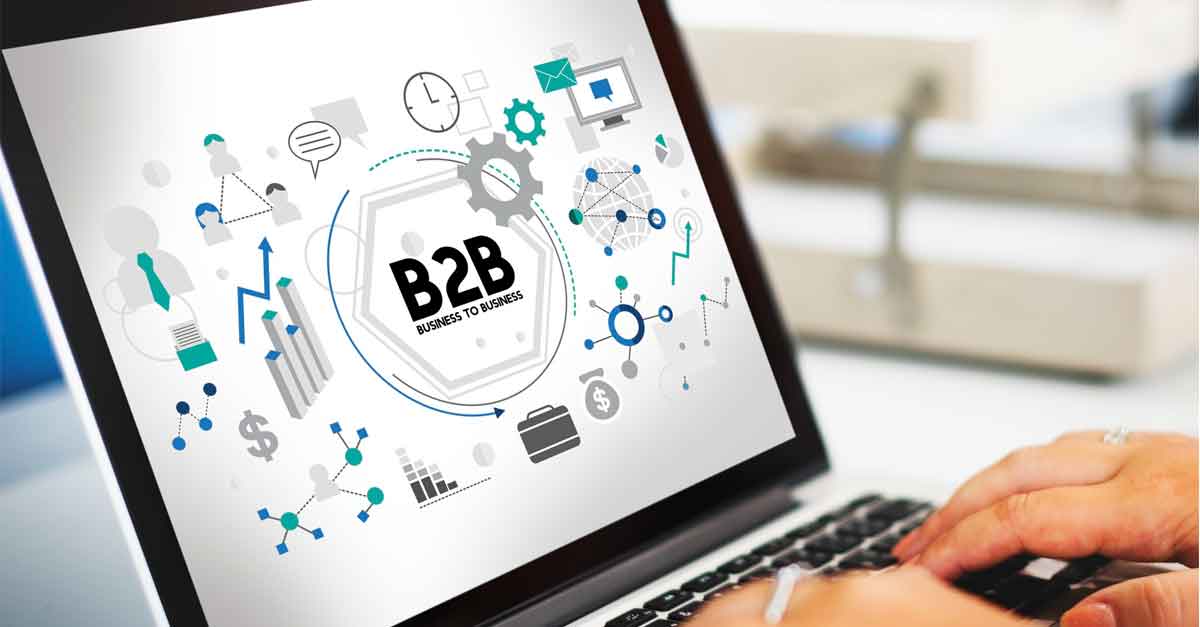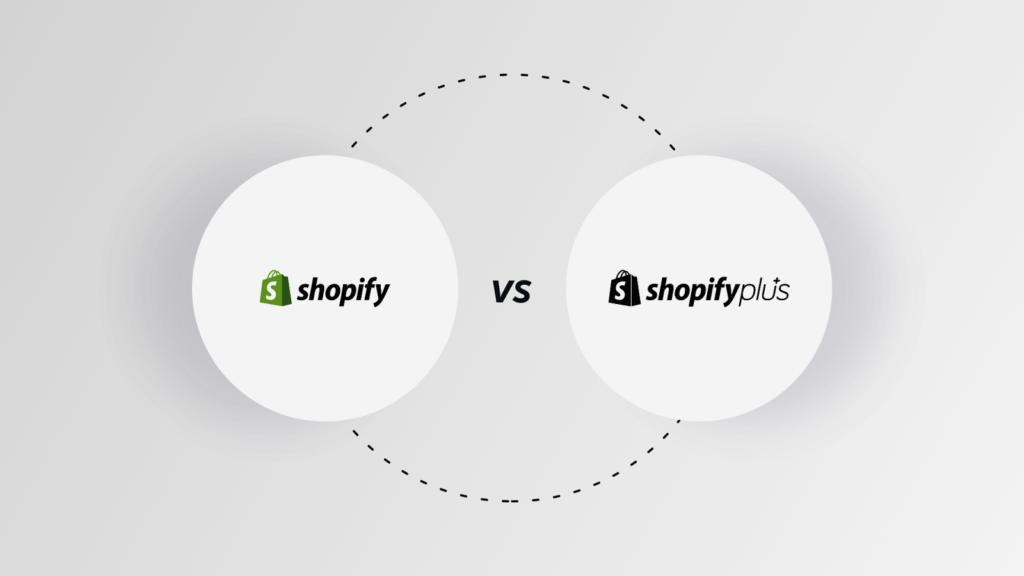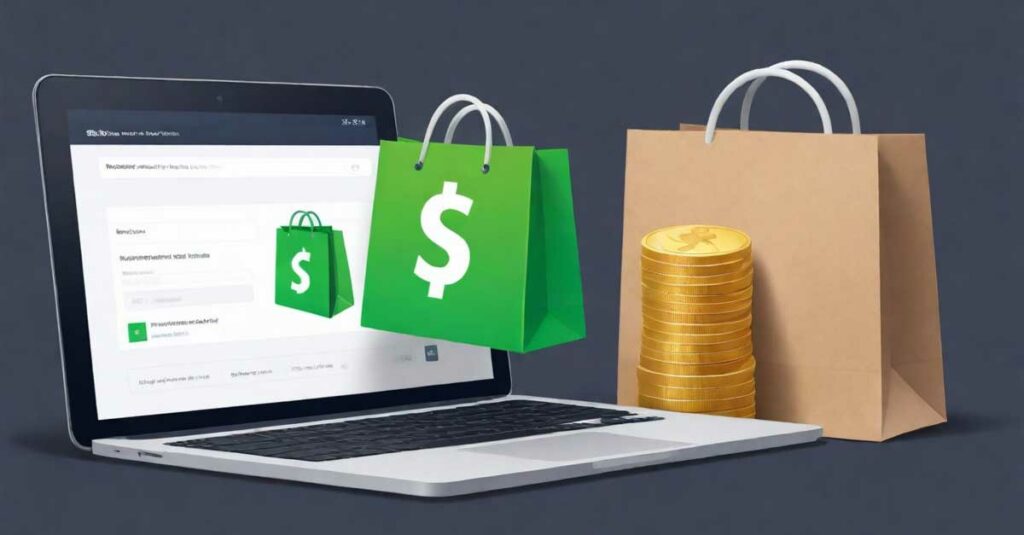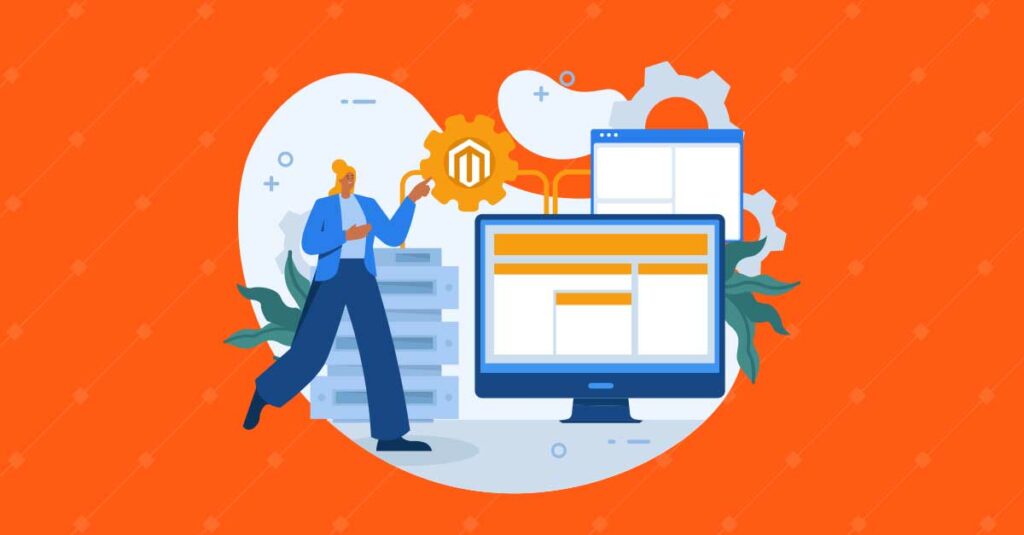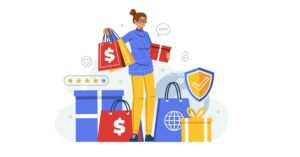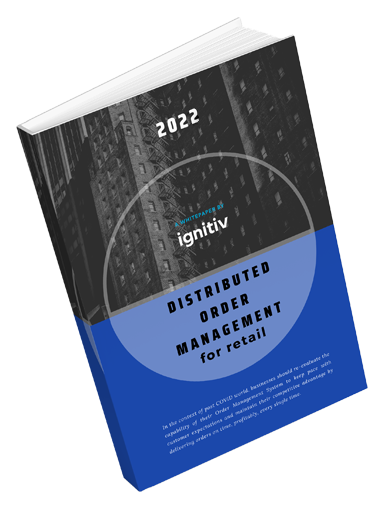Personalization in B2B commerce refers to the process of tailoring a business-to-business buying experience to meet the specific needs and preferences of an individual buyer or an organization. It involves using data and insights about the buyer’s behavior, interests, and purchase history to create a customized experience that is relevant and valuable to the buyer.
In B2B commerce, personalization can take many forms, such as personalized product recommendations, customized pricing and promotions, personalized content and messaging, and tailored service and support. The goal of personalization is to create a more engaging and meaningful experience for the buyer, which can lead to increased loyalty, repeat business, and higher sales revenue for the seller.
Personalization also helps businesses stand out from their competitors by demonstrating a deeper understanding of the customers and their unique challenges, leading to a stronger relationship and increased customer satisfaction.
Benefits of Personalization in B2B Commerce
According to a study conducted by Helpama, if a brand or company creates personalized online content that considers the customer’s journey, then 80% of consumers will trust that brand.
Improved Customer Experience and Satisfaction
Personalization helps businesses provide a tailored and relevant buying experience to their customers, which can increase their overall satisfaction with the brand and the buying process.
Increased Customer Loyalty and Retention
By creating a personalized experience for each customer, businesses can build stronger relationships and increase customer loyalty, leading to repeat business and long-term customer retention.
Higher Conversion Rates and Sales
Personalization can increase the relevance and value of a business’s offerings, making it more likely that customers will convert and make a purchase.
More Effective Cross-Selling and Upselling
Personalization allows businesses to recommend complementary or higher-value products and services to their customers, leading to more effective cross-selling and upselling.
Better Customer Insights and Data for Continuous Improvement
Personalization requires businesses to collect and analyze customer data, which can provide valuable insights for continuous improvement and optimization of the buying experience.
How Personalization Helps Drive B2B Commerce?
Personalization helps in B2B commerce in several ways:
Pricing and Recommendations
Personalization allows businesses to provide customized pricing and product recommendations based on each customer’s unique needs and preferences, increasing the likelihood of a successful sale.
Tailored Marketing
It enables businesses to create targeted marketing and promotional messages for specific customer segments, increasing the effectiveness of marketing efforts.
Self-service Capabilities
Personalization can improve self-service capabilities and streamline ordering processes, making it easier and more efficient for customers to do business with the company.
Account Management and Customer Service
The desire for brands to innovate and establish higher levels of customer service is felt by 87% of consumers. Personalization can lead to better account management and customer service by providing businesses with a more profound understanding of each customer’s needs and preferences, allowing for more personalized and effective communication.
Integration
Personalization initiatives can be carried out across a business’s technology ecosystem, like CRM and ERP (provided they’re adaptable), to deliver a unified customer experience across all touchpoints, leading to a seamless and efficient buying process.
Challenges in Implementing Personalization in B2B Commerce
All the benefits considered, there are also several challenges that businesses may face when implementing personalization in B2B commerce:
Data Management and Integration Challenges
Personalization requires collecting and analyzing customer data, which can be challenging when dealing with large amounts of complex data from various sources. Integrating different data sources and systems can also be a challenge.
Resistance To Change and Lack of Buy-in From Stakeholders
Implementing personalization often requires changes in processes, technologies, and organizational structure. Some stakeholders may resist these changes, and without buy-in from key decision-makers, it can be challenging to implement personalization successfully.
Complex Sales Cycles and Purchasing Processes
B2B sales cycles and purchasing processes can be lengthy and complex, involving multiple decision-makers with varying needs and preferences. Personalizing the buying experience for each stakeholder can be challenging.
Limited Resources and Budget Constraints
If not implemented per a concrete strategy, personalization initiatives can entail significant investments in technology, data analytics, and staff resources.
Best Practices for Implementing Personalization in B2B Commerce
When implementing personalization in B2B commerce, there are several best practices businesses should follow:
Starting Small and Scaling Over Time
Businesses should start with small personalization initiatives and scale them over time as they gain experience and insights. This approach helps avoid overwhelming the organization and allows for continuous improvement.
Focusing On High-Impact Personalization Opportunities
Businesses should focus on personalization opportunities that are most likely to have a high impact on customer satisfaction, loyalty, and sales revenue. This approach ensures that personalization efforts are focused and effective.
Investing in the Right Technology and Tools
To implement personalization effectively, businesses must invest in the right technology and tools, such as data analytics and customer relationship management software. At the end of the day, the technology should be scalable and integrated to provide a unified view of the customer.
Collaborating Across Business Units and Functions
Personalization requires collaboration across business units and functions, including marketing, sales, and IT. Effective collaboration helps ensure that personalization efforts are aligned with business goals and objectives.
Continuously Testing, Measuring, and Optimizing Personalization Efforts
Personalization requires continuous testing, measuring, and optimization to ensure that it is delivering the desired results. Businesses should use data and analytics to track the effectiveness of personalization efforts and make adjustments as needed.
Future Outlook for Personalization in B2B Commerce
Increased Use of AI and Machine Learning
AI and machine learning technologies are becoming more sophisticated, enabling businesses to analyze customer data more effectively and provide more personalized recommendations and experiences.
Greater Emphasis on Data Privacy and Security
As personalization requires collecting and analyzing customer data, businesses must prioritize data privacy and security to maintain customer trust and comply with regulations.
According to a survey, the major hurdles to achieving personalization are the need to obtain insights rapidly (40%), the availability of sufficient data (39%), and the problem of inaccurate data (38%).
Expansion of Personalization Beyond the Purchasing Experience
Personalization is likely to expand beyond the purchasing experience to include other touchpoints in the customer journey, such as customer service and support.
Integration With Other Technologies
Personalization initiatives are likely to become more integrated with other technologies, such as augmented reality, virtual reality, and the Internet of Things (IoT), enabling businesses to provide more immersive customer experiences.
Increased Adoption by B2B Businesses
As B2B businesses recognize the benefits of personalization, they are likely to invest more in personalization technology and strategies to remain competitive in the marketplace.
Here are the key takeaways on how personalization helps in B2B commerce:
- Personalization improves customer experience and satisfaction by providing customized pricing, product recommendations, and tailored marketing messages based on individual needs and preferences.
- Personalization increases customer loyalty and retention by making customers feel valued and understood, leading to repeat business and positive word-of-mouth referrals.
- Personalization leads to higher conversion rates and sales by providing a more customized and efficient buying experience that meets the needs of each customer.
- Personalization enables more effective cross-selling and upselling by providing targeted product recommendations based on each customer’s unique needs and preferences.
- Personalization provides better customer insights and data for continuous improvement; the analytics initiatives on top of this data help inform future marketing and sales strategies.
Discover how personalization can enhance your B2B commerce strategy and unlock new opportunities for growth. Contact Ignitiv today to learn how our expertise in personalization can benefit your business.
